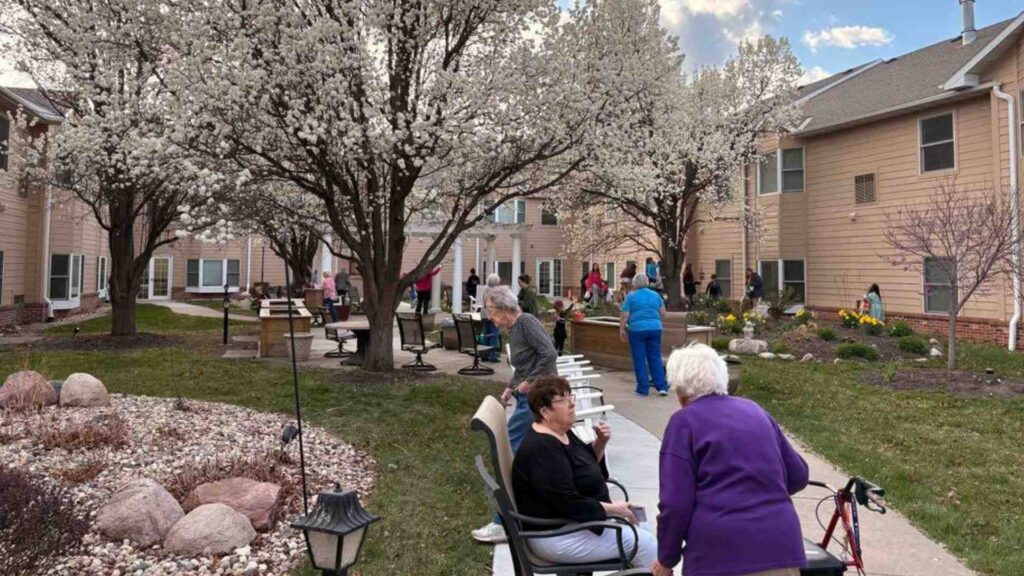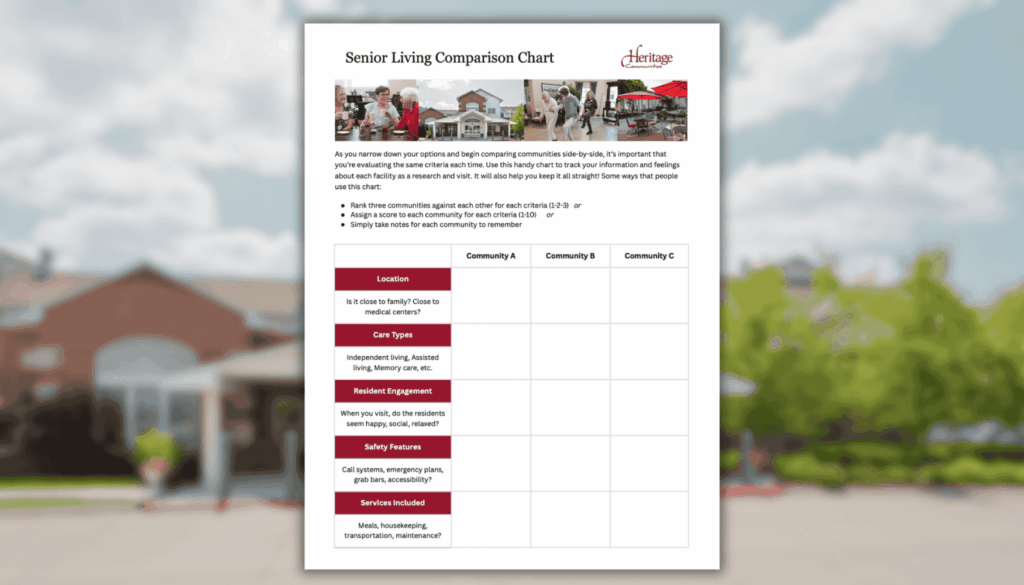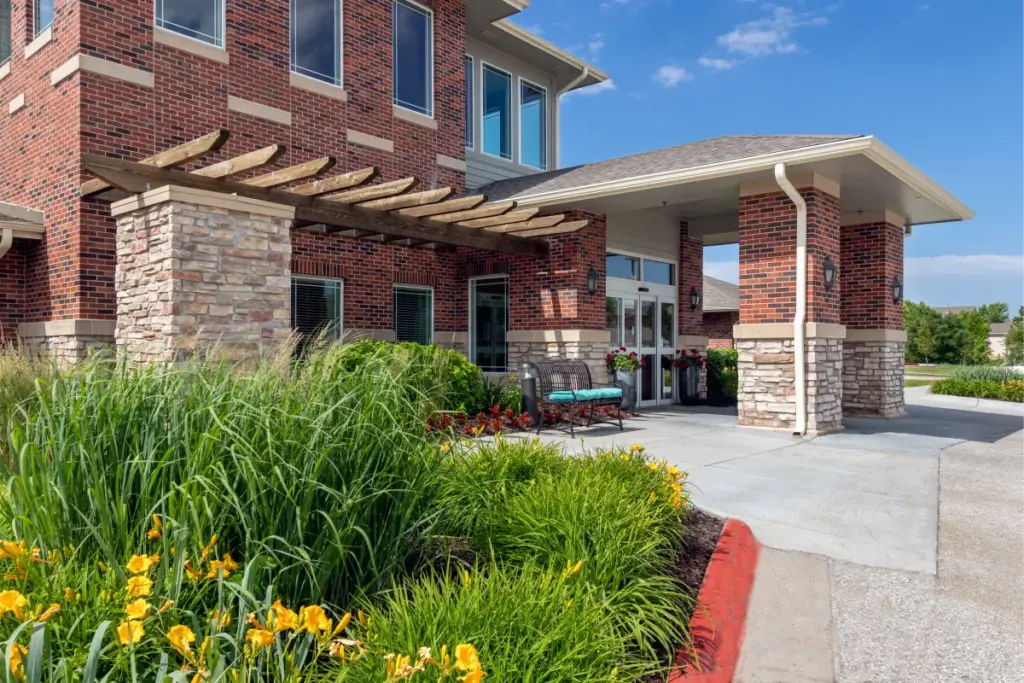When Assisted Living Is Not the Right Choice for Someone with Memory Issues
When someone you love begins to show signs of memory loss, you want to do whatever you can to make their days easier and less frustrating. It can be tempting to think that maybe all they need is an occasional helping hand, such as they’d receive in assisted living. However, there are many reasons why...

When someone you love begins to show signs of memory loss, you want to do whatever you can to make their days easier and less frustrating. It can be tempting to think that maybe all they need is an occasional helping hand, such as they’d receive in assisted living. However, there are many reasons why memory care might actually be the preferable choice.
When you are considering assisted living for a loved one
Individuals best suited for assisted living are those who need help with daily activities such as bathing or dressing, but do not require the round-the-clock care that skilled nursing or memory care would provide. Residents in assisted living can go about their day as they choose, participating in activities, visiting with friends and family, joining group outings and more. They are able to navigate the premises on their own and are not experiencing significant changes in memory.
Why regular assisted living might not be the right choice
According to Helen Crunk, Regional Healthcare Specialist of Heritage Communities, when an older adult is showing signs of memory loss, they might not fit well in the typical assisted living setting. She offers these reasons:
- Difficulty getting around the community. A person dealing with the early stages of dementia often has difficulty getting around in a new environment. They often can’t remember where the dining area or living room is located. “It can be confusing and frustrating and result in isolation, which can have serious negative health effects,” says Crunk.
- Those with memory issues may have problems communicating with others. Conversations can be difficult; thoughts don’t come as quickly and the ability to find the right words deteriorates. It can be hard to follow what is being said. Other residents might turn away or avoid interacting with your loved one.
- Feeling depressed and alone. A person experiencing a loss of cognition often feels out of place around other people who are not experiencing the same changes. In addition, these residents often are shunned by other assisted living residents, and end up dining alone or being left out of group activities.
“The result is a loss of dignity, as well as boredom, which can lead to increased risk of depression,” Crunk says. “It’s simply not fair to put a person with dementia, even in the early stages of the disease, in this position.”
Download our free guide, The Family Decision Toolkit.
Assisted living with a memory care component is one option
There is an option that bridges both assisted living and memory care, where those with mild cognitive impairment can have the opportunity to join and enjoy social engagement. “At Heritage Communities, this program of additional support and care is called Snapshots,” says Crunk. “Residents in this program are able to participate and engage in small groups, or one-on-one.”
Crunk says an assisted living that incorporates an element of memory care (sometimes known as memory care assisted living) allows residents to enjoy socialization without frustration or distraction. “They can once again engage in activities they may not have experienced for some time.”
Why memory care might be the best option
A specialized memory care setting offers the resources, staff and support that is specifically designed to benefit those with cognitive issues. This means caregivers who understand the importance of building close relationships with each person, and who can interpret the visual cues from someone who cannot communicate how they are feeling.
It also means 24/7 care and support so that residents are constantly monitored throughout the day. That includes special assistance with dining, exercise, getting some time outdoors, and connecting with friends and family members.
When your loved one is residing in memory care, they are surrounded by others facing the same challenges, which can offer them comfort and encourage them to relax and be themselves, without worries of being set apart. “This removes the dangers of isolation and instead, gives each person an opportunity to be as successful as possible,” says Crunk.
Dementia is a progressive disease. By choosing memory care, you are allowing your loved one to settle in and become familiar with caregivers and fellow residents and not have to face moving again as the disease progresses. “You are helping make this time of life as meaningful as possible for your loved one,” says Crunk.
Maximizing your loved one’s independence and quality of life
As you consider the best option for your loved one, consider the impact the right environment can have. “At Heritage Communities, we are dedicated to providing certified and attentive memory support care to residents with Alzheimer’s disease, dementia, and early-stage memory loss,” says Dr. Crunk. “We invite you to learn more.”
Find the right lifestyle option for your loved one. Download our free guide, The Family Decision Toolkit. Or contact us today to learn more or schedule a tour.







